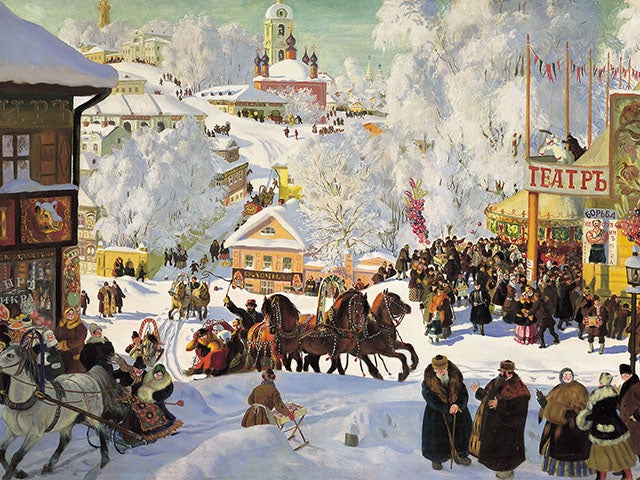2023 Summer Session D
6 weeks, July 3 - August 11
#15582
Rhetoric of Fiction
Rhetoric of Science Fiction
William R Morgan
Jul 03, 2023 - Aug 11, 2023
Tu, We, Th
10:00 am - 12:29 pm
Internet/Online
Open Seats
21 Unreserved Seats

In 1978, Phillip K. Dick remarked that “spurious realities are manufactured by the media, by governments, by big corporations, by religious groups, political groups—and the electronic hardware exists by which to deliver these pseudo-worlds right into the heads of the reader, the viewer, the listener”. If anything, today our enmeshment in these conditions appears to have only deepened. In two parts, one historical and the other contemporary, this course will introduce students to some of the essential works of science fiction as well as their scholarly reception. Together we will examine the form, content, history and legacy of seminal science fiction novels, short stories, graphic novels, films, television shows and video games. In the process, we will attempt to unearth clues and develop a framework for registering the history of our species’ technological entanglement. At the conclusion of this course, students will be able to analyze the rhetoric of science fiction and to deploy it as an analytical tool and an historical nexus in order to consider the complex interplay between culture and technology.
Primary source authors to be considered in the first part of the course include: J.G. Ballard, Octavia Butler, Arthur C. Clarke, Samuel Delaney Phillip K. Dick, William Gibson, Stanislaw Lem, Neal Stephenson, and Gene Wolfe. In the course's second part, works by N.K. Jemisin, Ann Leckie, Cixin Liu, Arkady Martine, Sam Miller, Annalee Newitz, Kim Stanley Robinson, Jeff VanderMeer, Richard Morgan and Martha Wells may be considered.










